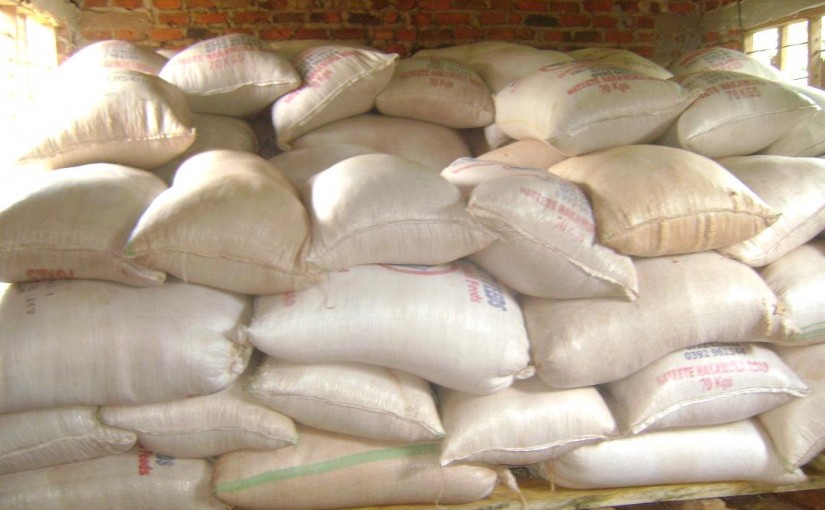Mozambique: Private parking lots in Maputo have nine days to legalize
Inspectors check maize flour price hike in Nampula, Mozambique

IN File Club of Mozambique
The National Inspectorate of Economic Activities (INAE) in the northern Mozambican province of Nampula is trying to check arbitrary increases in the price of maize flour, one of Mozambique’s staple foods.
Alerted by complaints from citizens at the rise in maize flour prices, INAE inspectors have been investigating prices, particularly at the flour mills. They concluded that, although there is a genuine shortage of maize in Nampula, this does not justify the sharp rises in the price of flour.
The INAE delegate in Nampula, Elio Rareque, told reporters the inspectors believed there has been price speculation. They have warned the establishments concerned, and in some cases have fined them.
On INAE’s calculation, said Rareque, businesses would be justified in selling maize flour at 1,000 to 1,050 meticais (19.6 to 20.6 US dollars) for a 25 kilo sack. But some were selling the flour for 1,300 or even 1,350 meticais a sack. This violated the legal provisions on maximum profit margins (10 per cent for wholesalers and 20 per cent for retailers).
In recent days, the price has fallen – which Rareque attributed partly to the inspection and partly to the entry into Nampula of larger quantities of maize, some of it imported from Zambia and Tanzania. The price charged in Nampula markets now is between 850 and 950 meticais per sack.
One serious problem, said Rareque, is that the sales chain is too long. “In the chain of distributing goods in our province, we have noted that there are many resellers, and when they acquire a product each of them increases the price, in order to make a profit”, he added. “Our traders don’t buy the product directly from the factory or warehouse, they buy it from the second, third or even fourth reseller”. And at each stage the price rises.
A further problem was the failure of shops to issue receipts or of buyers to demand them. Rareque said this contributed to tax evasion – for when people do not demand receipts, dishonest shopkeepers do not pay Value Added Tax (VAT) on the goods sold, which damages the national economy.













Leave a Reply
Be the First to Comment!
You must be logged in to post a comment.
You must be logged in to post a comment.